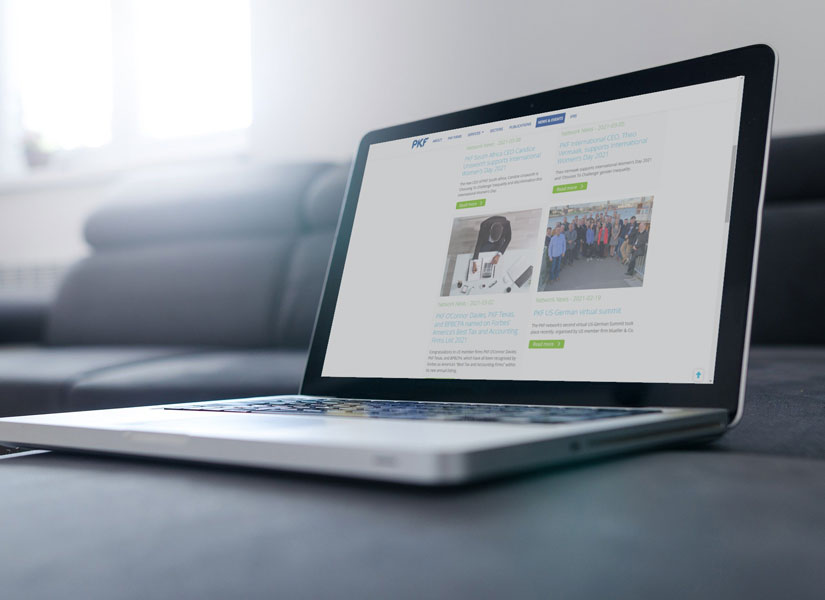Should You Borrow to Pay Tax?

'Picture from ABC news and website': 'Predatory' lenders circle small businesses struggling to pay ATO debts and desperate for cash
Should you borrow to pay tax?
The answer is as for many questions - it depends. It can be the pathway to overcoming a short term problem or it can amount to mortgaging the future to pay for the mistakes or misfortunates of the past.
The ABC recently carried the heartbreaking stories of small business owners who have been financially devasted after borrowing money at high interest rates to pay the business’ tax.
The ABC television and website 'Small business owner Mia Li breaks down in tears when she recalls losing her family home' recorded terrible examples of the small business owner disadvantage by trying to do the right thing without input from a knowledgeable and caring adviser.
How does the unpayable taxation obligation arise? The ABC reported one small business owner with a business downturn resulting customers paying slowly or not at all. This potentially left them with a tax liability but no cash. This is because most trading businesses are required to pay tax when they invoice customers, not when they receive payment. Some businesses also pay GST when they invoice customers and not when the invoice is paid.
With tax and other liabilities that they can’t pay, small businesses have few options. They must firstly consider whether the situation is temporary or if it cannot be overcome. Left to their own devices, my experience is that small business owners largely do not answer this question correctly. Faced with the insurmountable, they will battle on until insolvency arrangements are forced on them, and then they have not only depleted their own resources but also maxed out their credit cards.
The options are they borrow to pay, they pay those owed money over time or they enter formal insolvency arrangements. The second option is really a variation of the first, as the lender is the person owed the money. This means two real options – borrow or insolvency arrangement.
So, should you borrow or seek an insolvency arrangement? I suggest the answer lies in your capability to repay the loan in a reasonable time and the ability of the borrowed amount to permanently fix the problem. Again, determining what is reasonable with loans and whether business problems can be permanently fixed are not areas where the small business owner typically has sufficient unbiased expertise. The knowledgeable and caring adviser needs to help assess the loan and insolvency arrangement options.
Sometimes the small business owner’s family can provide a low interest or no interest loan to deal with business debts. Whether it is a gift or a ‘soft loan’ from family, it should be evaluated as if it was one of the two options in the previous paragraph. I have seen numerous instances over the years where money has been provided to a small business owner by family and it has done nothing more than delay the inevitable. This is because the underlying issues were not addressed.
Family assistance is great if it is available, but it needs to either fund the problem solution or it needs to fund the business and/or personal recovery in conjunction with the formal insolvency arrangement.
The new insolvency arrangements specifically designed for small businesses should be evaluated along with any borrowing options. The appropriate knowledgeable and caring adviser should be independent of the various options available to the small business owner.
Contact Us if you have any troubles

